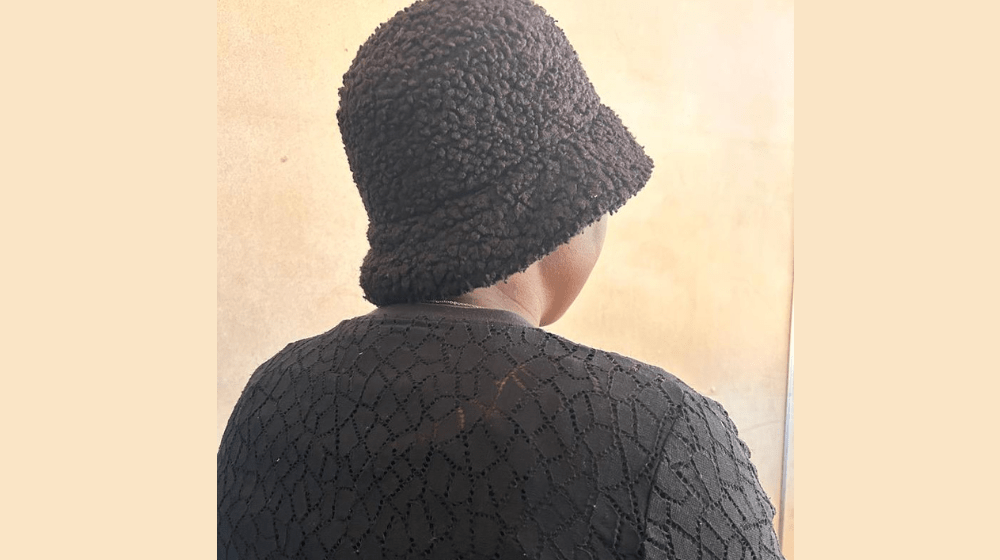Gwanda, Zimbabwe, 30 June, 2024 - She sits comfortably on the bench, holding her purse. As I ask her if she is ready to share her story, she nods, smiles shyly, and checks her phone. "I am ready…," she says.
"I have been married to my husband for four years. We have one child together who is four. Before we got married both of us were married to other people and have other children. When I met this man, I thought I had been given another chance to love," says 41-year-old Lungile*, shifting a bit and looking straight ahead as she narrates her story.
"I had no idea that things would turn out the way they did. The once loving man I married turned into a monster. He works at the mine but stopped bringing any money home for our upkeep. He stopped buying food and clothes for us. Trouble started when I asked him why.
"He would assault me whenever I asked him about his salary from the mine. Up to now, I do not know how much he earns from his job. One day, he came home from the bar, and we had an argument about money. He started beating me. It was between 9 and 10 in the night when it happened, and I had no one to turn to.
"After he assaulted me, he left and went back to the bar. My hand was hurt; I thought it was broken. My eye was swollen and purple. When I looked in the mirror, I knew then that I had had enough.
It was at that point that Lungile remembered she had been given contact details by her niece, of a UNFPA partner, Musasa, that assists abused women and girls. She called the number and was immediately attended to.
“They (Musasa) came to pick me up and the shuttle took me to the hospital. I was treated for the wounds, and luckily my hand was not broken. They also helped me report the matter to the police,” says Lungile
After a few days in hospital Lungile was discharged and Musasa provided transport for her to move to her mother’s home in Esigodini.
" I feel very safe and loved at home. As I reflect on my abuse it has dawned on me that I could have died in this abusive relationship…I am healing in peace. I have even started a small buying and selling business, which gives me good profit weekly. I plan to expand the venture once I get more capital.
“I know soon he will send a delegation to apologise and convince me to return to our home, I have had enough. I am not going back to him. It is time to rebuild my life," she adds, checking her phone one more time and packing it away in her handbag.
Lungile is one of the many survivors of Gender Based Violence in Zimbabwe who have been supported by UNFPA and its partners to access life saving services under the United Nations Central Emergency Relief Fund (UN CERF). A significant proportion of GBV survivors are unable to access services due to financial constraints and compromised safety. Most have experienced physical violence and rape. Through the shuttle service, survivors, especially in hard to reach areas, are safely transported to access relevant services in a timely manner. From January 2024 to date 6325 survivors have accessed GBV services through the shuttle.
The CERF project, a six-month initiative running from January to June 2024, is part of the El Niño Anticipatory Action Plan implementation. Over 30,000 women and girls at community level were reached through various services offered in eight districts: Gwanda, Chiredzi, Buhera, Chipinge, Mwenezi, Hwange, Umguza, and Beitbridge.
Interventions under the CERF program also strengthened community-based mechanisms for GBV risk mitigation and protection from sexual exploitation. They established safe spaces for vulnerable women and girls and provided psychosocial support.
The layering of interventions has been essential for survivors to access a comprehensive package of care, and there is a need to ensure the continuity of this service as women such as Lungile can testify.
By Mercy Mangwana Nyamhunga


